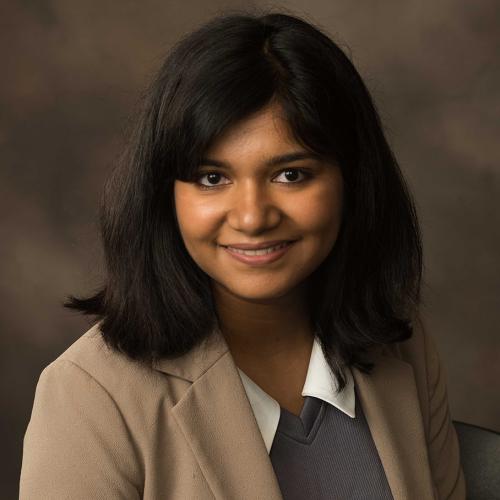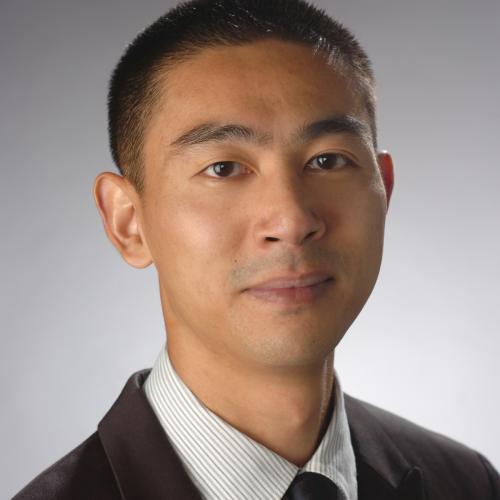A paper authored by PhD student Smirity Kaushik and Associate Professor Yang Wang received the IAPP SOUPS Privacy Award at the 17th Symposium on Usable Privacy and Security (SOUPS 2021). The symposium, which was held August 8-10, brings together an interdisciplinary group of researchers and practitioners in human-computer interaction, security, and privacy.
In the paper, "'How I Know For Sure': People's Perspectives on Solely Automated Decision-Making (SADM)," Kaushik, Wang, and coauthors Yaxing Yao (University of Maryland Baltimore County) and Pierre Dewitte (KU Leuven) describe the findings of their online study to explore people's understanding of SADM. According to the researchers, while the General Data Protection Regulation of the European Union has granted citizens some rights regarding SADM, including obtaining an explanation of such processing, "it is unclear how organizations should support people in effectively exercising such rights."
"SADM is widely applicable in job searches, healthcare, banking loan approval, and others," said Kaushik. "However, SADM system-based decisions could lead to discrimination, social segregation, and loss of privacy. As a result, they could significantly or legally affect people."
The paper's authors offer design recommendations, including an icon for SADM processing that companies could add to their websites, "sandbox for SADM" to allow people to experiment with the SADM process, and personalized explanation templates to inform people about how SADM made a decision. They also offer policy recommendations such as mandating notifications to alert users when they are being subjected to SADM processing, similar to cookie notification.
Kaushik's research interests include human-computer interaction and user experience in social computing systems, with a focus on privacy policies and usable privacy and security. She holds an MS in information management from Syracuse University, BA LLB (JD equivalent in the U.S.), and BA in history from the University of Delhi.
Wang conducts research focusing on usable privacy and security technologies, social computing, human-computer interaction, and explainable artificial intelligence. He earned his PhD in information and computer science from the University of California, Irvine.

